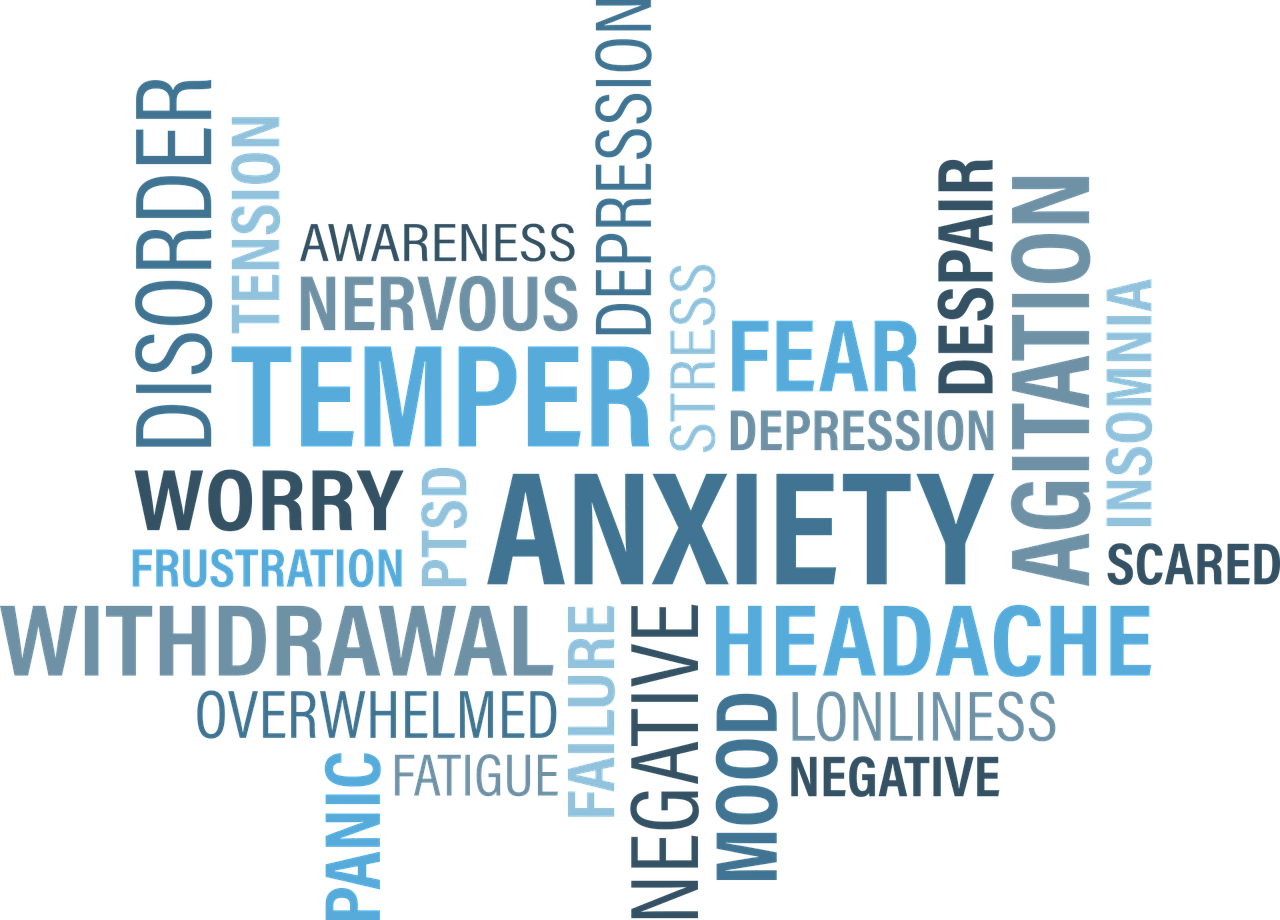
When most of us think of mental illnesses, the first thing that crosses our mind is a mad person, yet most of us don't even know what classifies mental health.
Mental health is the capacity of a person to interact with one another in ways that promote subjective wellbeing. It is the optimal development and use of mental activities (reasoning, decision making, judgment, etc. ), the achievement of personal and collective goals (being able to function both alone and as part of a group), consistent with justice and attainment and preservation of conditions or fundamental qualities.
Mental disorder or illnesses may then be defined as a recognized, medically diagnosable illness that results in significant impairments in a person's cognitive, affective, relational abilities. So basically, mental disorders or illnesses affect a person's thought processing, reasoning, decision making, judgment, moods, affects(expression of emotion and description of emotion), ability to relate with others, communication skills, ability to function as a group, etc.
I guess at this point you have realized that not all mental illnesses result in madness and the proper term for those with mental disorders is mentally impaired persons. Who do mental disorders affect? Mental disorders aren't restricted to a certain age, gender, economic class, or environment. Although these factors may contribute to the tendency of having a mental disorder, these factors are things that apply to almost everyone as they are things you come across every day, from genetic factors (a good example is depression, females are more prone to depression as their chromosome makeup is XX while males are XY and the depression gene resides in the X-Chromosome), developmental factors (method of parenting the child experiences, playgroup association, etc.), delivery (Prolonged labor, postpartum disorder- where mothers have been seen to show disgust at their child after birth), certain infections and infestations, trauma (memory loss have been mostly associated with trauma), drugs and substance use (depressants, stimulants, hallucinogens, dissociative anesthetics, narcotic analgesics, inhalants, and cannabis, they affect the brain in different ways), environmental to social factors.

Mentally impaired persons are usually scared to speak up in our society due to criticism and stigmatization, they are shunned by society, religion, and other's views on what mental illnesses are, but I'm sure with this much, you now have a better view of mental illnesses and their causes and that the line between mental health and mental disorder is a very thin one.

